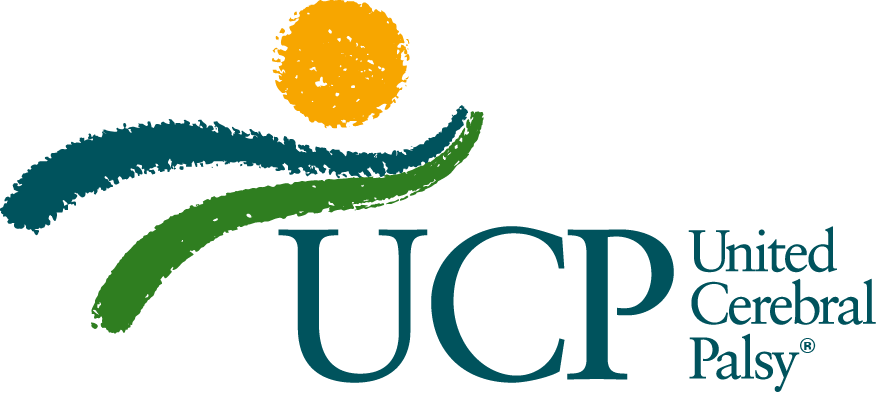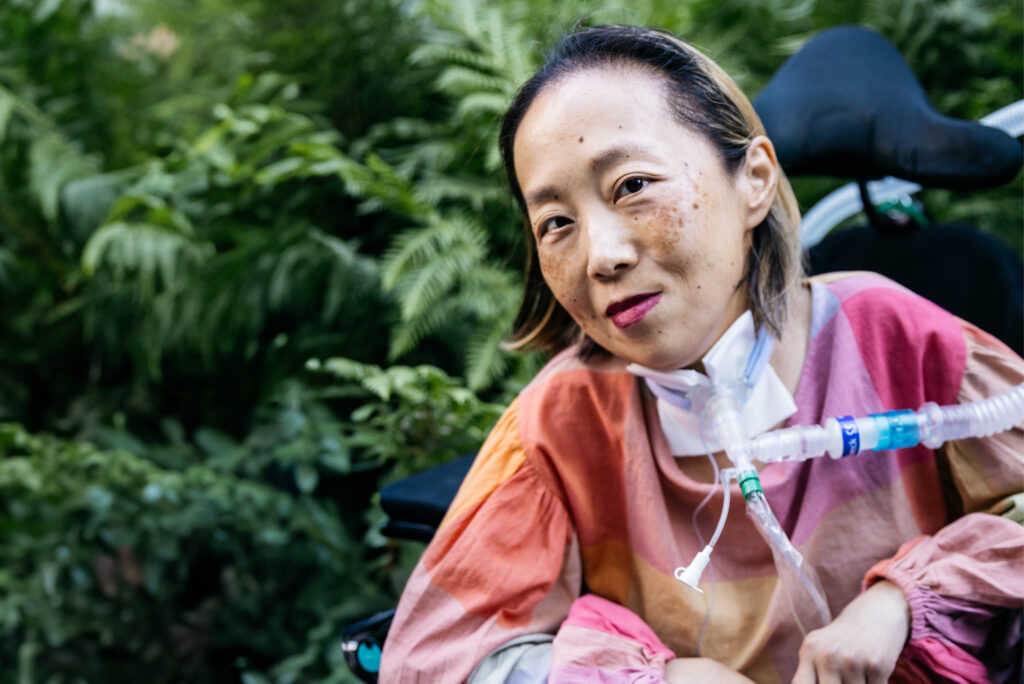From groundbreaking advocacy to local services, the report showcases how United Cerebral Palsy and its affiliates are driving meaningful change for people with cerebral palsy and other intellectual and developmental disabilities.
Vienna, Va. — September 22, 2025 — United Cerebral Palsy (UCP), a leader in providing resources and assistance to individuals with disabilities, today announced the release of its 2024-2025 Annual Report. The report highlights UCP’s progress in advancing disability rights, strengthening community-based services, and building a more inclusive future through its international network of affiliates.
“United Cerebral Palsy is proud to share a year defined by resilience, innovation, and meaningful change,” said Armando Contreras, UCP President & CEO. “This report not only reflects the strength of our network but also the powerful advocacy, research, and services that are transforming lives every day.”
Key Highlights from the Report
- Advocacy in Action: UCP leadership traveled over 381,000 miles in 2024-2025 to meet with lawmakers nationwide. Alongside ANCOR, UCP released the Case for Inclusion 2025 Policy Blueprint, offering actionable solutions to stabilize the direct support workforce and protect Medicaid.
- Elsie S. Bellows Fund Empowers Independence: In 2024, the Bellows Fund distributed $381,000 through UCP affiliates, providing essential assistive technology like wheelchairs, ramps, and communication devices to individuals and families in need. Since its creation, the fund has awarded over $7 million in grants.
- Research & Innovation: The UCP Research Council hosted its Professional Learning Series for clinicians, expanded training in early detection and intervention for cerebral palsy, and its Grant Program accelerated bold ideas that reimagine what’s possible for people with cerebral palsy.
- Unmatched Reach & Services: Across the network, UCP affiliates delivered more than 73 million hours of service to approximately 200,000 individuals and families. Services include advocacy and policy leadership, research and implementation of science grants, early learning centers and charter schools, pediatric outpatient therapy, early intervention, information and resource referral, home- and community-based services, job coaching and employment support, residential programs, recreational and social opportunities, and more.
“Perhaps most inspiring of all are the stories from our affiliates, whose impact is nothing short of extraordinary. Whether it’s a young adult gaining independence through assistive technology or job training, or a child receiving early intervention therapies, these moments are a powerful reminder of why we do this work,” Contreras added. “Across the network, we are seeing real change that begins in communities and ripples outward. Together, we are proving that inclusion isn’t just possible — it’s essential. This report is both a reflection of what we’ve accomplished and a call to action for all who believe in a life without limits for people with disabilities.”




